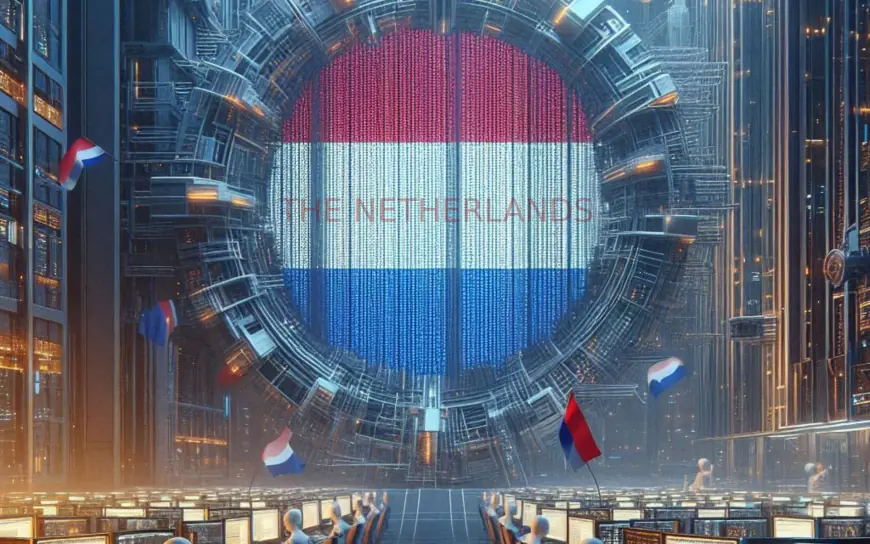The Netherlands: A Rising Star in Quantum Computing
The Netherlands is making significant strides in quantum technology, positioning itself as a global leader. With strong governmental support, strategic investments, and a focus on cutting-edge research

The Netherlands is rapidly establishing itself as a pivotal player in the global quantum technology landscape. This article explores the country's significant strides, key partnerships, and strategic investments that are positioning it at the forefront of quantum innovation.
What is Quantum Computing?
Quantum computing is a revolutionary field of computing that leverages the principles of quantum mechanics to process information in ways that classical computers can't. Quantum computing holds the promise of revolutionizing industries by solving problems that are currently intractable for classical computers. It's an exciting field that continues to evolve, with the potential to transform everything from cryptography to pharmaceuticals. Read more about Quantum computing revolution.
A Vision for the Future
The Dutch government has identified quantum technology as a critical sector for future economic growth and national security. With an ambitious goal to become a leading nation in quantum technology by 2035, the Netherlands is investing heavily in research, innovation, and infrastructure.
Quantum Delta NL: The Epicenter of Innovation
One of the cornerstones of the Dutch quantum initiative is Quantum Delta NL. With a funding of 615 million euros, this program aims to develop quantum technologies and create a thriving ecosystem for research and industry. Quantum Delta NL has already positioned the Netherlands as an international hub for quantum technology, attracting top talent and fostering collaborations with leading global tech companies.
Cutting-Edge Research and Institutions
At the heart of the Netherlands' quantum advancements is Qu Tech, a pioneering research center that is a joint initiative of TU Delft and TNO (Netherlands Organization for Applied Scientific Research). Qu Tech focuses on groundbreaking research in quantum computing, quantum internet, and quantum sensing. Their work is pushing the boundaries of what is possible and contributing significantly to the global quantum knowledge base.
Strategic Collaborations and Investments
The Netherlands' success in quantum technology is bolstered by strong international connections and public-private partnerships. Major tech companies like Microsoft have established research collaborations in the country, bringing together expertise and resources to drive innovation. Additionally, the Dutch IT cooperative SURF and Quantum Delta NL are partnering to host a new European quantum computer at the Amsterdam Science Park. This quantum system will be integrated into the Dutch national supercomputer, Snellius, initially featuring 16 physical qubits based on semiconductor spin qubits.
Government Support and Policies
The Dutch government is actively supporting the integration of quantum computing into its technology governance policies. By aligning research efforts with national priorities, the Netherlands ensures that it remains competitive in both scientific and economic arenas. The government’s proactive approach is paving the way for future breakthroughs and applications of quantum technology.
The Global Impact
The Netherlands' strategic investments and collaborations in quantum technology are not only transforming its own technological landscape but also contributing to global advancements. By fostering a vibrant ecosystem for innovation, the Netherlands is playing a crucial role in shaping the future of quantum computing and related fields.
Conclusion
In conclusion, the Netherlands is making significant strides in quantum technology, positioning itself as a global leader. With strong governmental support, strategic investments, and a focus on cutting-edge research, the country is well on its way to achieving its vision of becoming a guiding nation in quantum technology by 2035. As the world watches, the Netherlands continues to push the boundaries of what is possible, paving the way for a future shaped by quantum innovation.





































